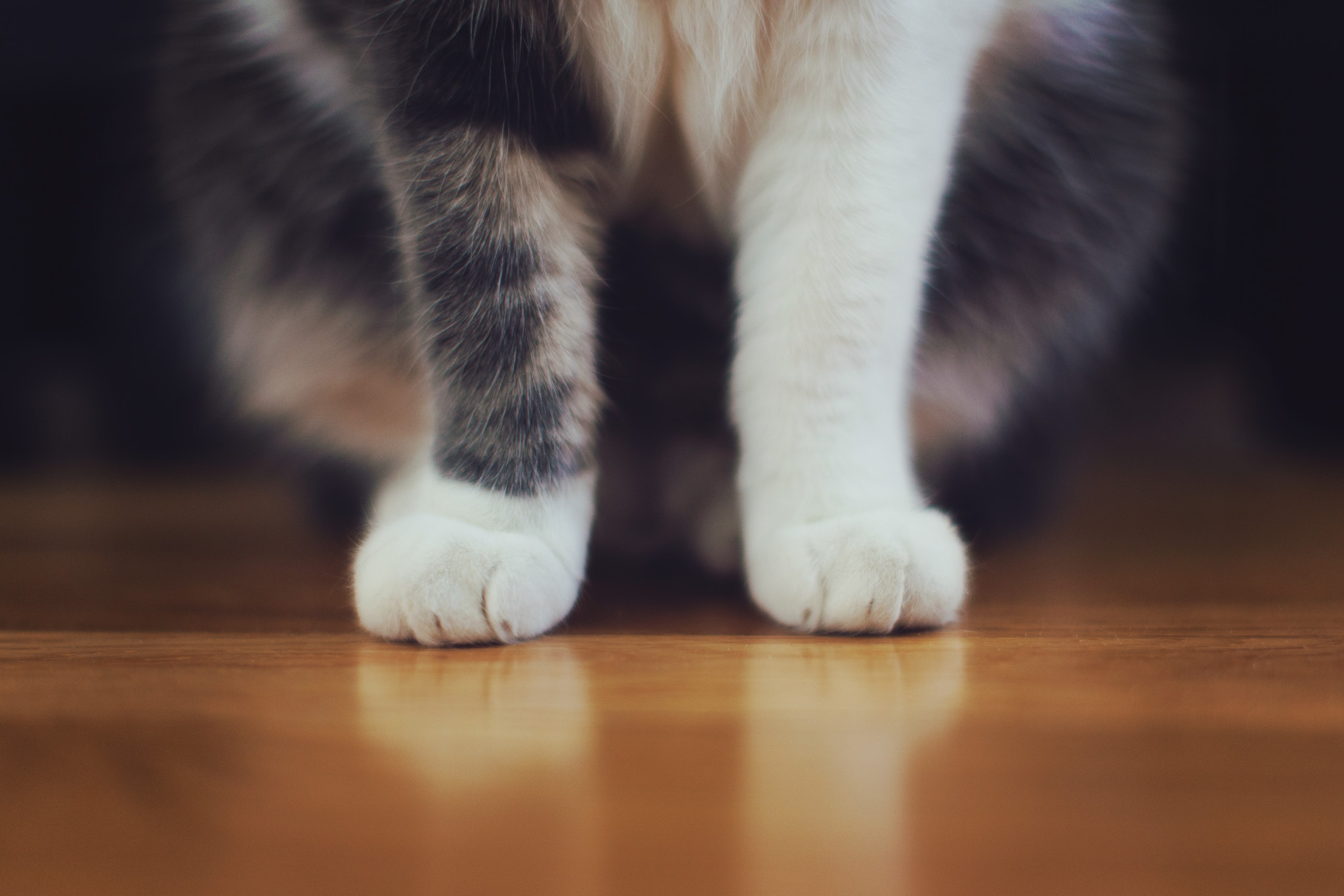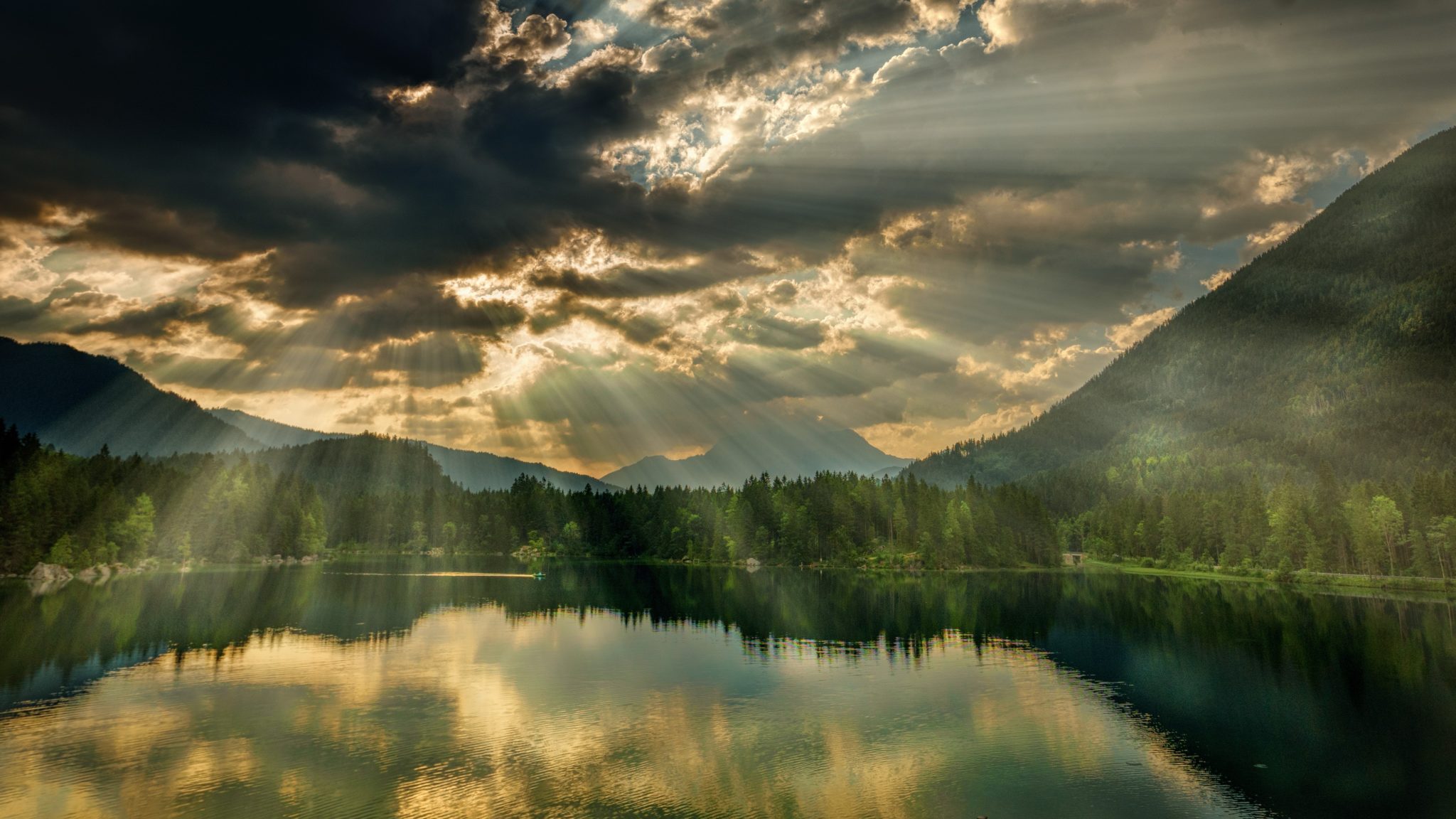I sometimes look down at my belly and a character comes to mind from one of those old Seventies American cop shows. He’s an amalgam of them all: a good guy, he likes doughnuts with his coffee and he says things into his walkie talkie like ‘Mac, we gotta prawblem heeyah.’
Because postnatally (oh alright, prenatally too), I pee a lot, I get lots of glimpses of my belly all day. The cop says: ‘We gotta do somethin’ bout this.’ Then the day goes on and I run around and I think, I’ll do that Tupler technique thing later. I’ll work on my transverse abdominis possibly another time. Note to self: must start doing something about this belly.
A few weeks ago, I was leaning over to put my jeans on and my son said, as if observing an orangutan in the wilderness, ‘Look Mummy, you’ve got three boobs.’ From where he stood, yes indeed it did look like I had three boobs. The usual two – then my stomach hanging down in a sort of cone shape. I had that diastasis recti thing in my last two pregnancies, where your stomach muscles split, never to find each other again unless you spend 20 hours each day doing some weird deep abdominal pulsing thing. I had an umbilical hernia too, which is where part of your intestine sticks out of your abdominal wall. That was a real gift, I must say.
Anyway, I look down at my tummy and think, yep, we’ve got a problem here, but I haven’t done anything about it yet. For a while, I went down the route of thinking ‘oh my body is destroyed but look, I have three darlings to show for it and it’s all been worth it’ – but the truth is I do mind what the hell has happened to my body and how radically it has changed since I had three children in four years. My poor body had no chance whatsoever to ‘ping’ back, because I let cravings rule me in pregnancy and ate far too many salt and vinegar crisps. When I did pregnancy yoga, it was mainly the kind where you just lay down and relaxed.
My strategy was ‘I’ll deal with it when I’ve finished having babies’ and now this Seventies guy eating a doughnut is on my back all the time but with no solutions. I work a lot on my mind because I feel, what with all the mental illnesses and neurosis, it’s fairly flabby. I meditate because it has been scientifically proven to change your brain, and I get such a kick out of that. You can change your brain. I love that. There’s so much hope in it.
Yet my body waits, quivering in expectation. When will it be my turn, it says. You can’t just be an ace brain walking around on two legs. Your body is just as important as your mind. Then it comes out with this cracker: We are one and the same, you know.









